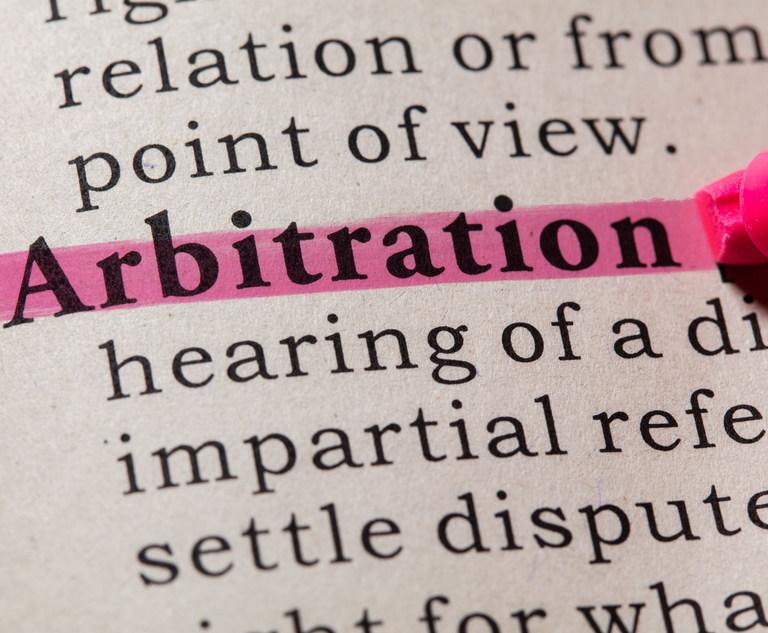Since (at least) 1975, in Gavlik Constr. Co. v. H. F. Campbell Co., 526 F.2d 777, 783 (3d Cir. 1975) (following the Second Circuit), plaintiffs who seek to defeat a motion to compel arbitration in the Third Circuit, pursuant to Section 3 of the Federal Arbitration Act, have faced a significant barrier: the need to show the extent to which the plaintiff has been prejudiced by the moving party’s delay in making the motion. The leading case in the circuit, Hoxworth v. Blinder, Robinson & Co., 980 F.2d 912, 925 (3d Cir. 1992), stated that prejudice is the “touchstone” of several factors in analyzing whether delay by the movant has waived the statutory right. The majority of circuits have agreed. Although the New Jersey Supreme Court cited the Hoxworth factors in determining a waiver under state law, Cole v. Jersey City Medical Center, 215 N.J. 265, 281 (2013), listed prejudice as one of several factors rather than being a prerequisite. Notably, Cole distinguished between waiver and estoppel (where prejudice may be required), but it did not make a finding on estoppel.
The U.S. Supreme Court decided this month that prejudice is not a factor in the waiver analysis under Section 3 of the FAA or federal waiver analysis generally. Morgan v. Sundance, Inc. __ S. Ct. __ (May 21, 2022), and that a court must focus on the movant’s conduct rather than an estoppel analysis in which prejudice is important.


 Credit: Devon Yu/Adobe Stock
Credit: Devon Yu/Adobe Stock




